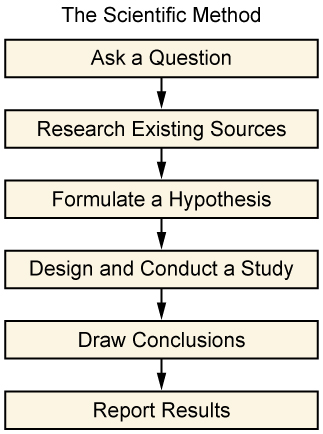| << Chapter < Page | Chapter >> Page > |

But just because sociological studies use scientific methods does not make the results less human. Sociological topics are not reduced to right or wrong facts. In this field, results of studies tend to provide people with access to knowledge they did not have before—knowledge of other cultures, knowledge of rituals and beliefs, knowledge of trends and attitudes. No matter what research approach is used, researchers want to maximize the study’s reliability (how likely research results are to be replicated if the study is reproduced). Reliability increases the likelihood that what happens to one person will happen to all people in a group. Researchers also strive for validity , which refers to how well the study measures what it was designed to measure. Returning to the Disney World topic, reliability of a study would reflect how well the resulting experience represents the average experience of theme park-goers. Validity would ensure that the study’s design accurately examined what it was designed to study, so an exploration of adults’ interactions with costumed mascots should address that issue and not veer into other age groups’ interactions with them or into adult interactions with staff or other guests.
In general, sociologists tackle questions about the role of social characteristics in outcomes. For example, how do different communities fare in terms of psychological well-being, community cohesiveness, range of vocation, wealth, crime rates, and so on? Are communities functioning smoothly? Sociologists look between the cracks to discover obstacles to meeting basic human needs. They might study environmental influences and patterns of behavior that lead to crime, substance abuse, divorce, poverty, unplanned pregnancies, or illness. And, because sociological studies are not all focused on negative behaviors or challenging situations, researchers might study vacation trends, healthy eating habits, neighborhood organizations, higher education patterns, games, parks, and exercise habits.
Sociologists can use the scientific method not only to collect but to interpret and analyze the data. They deliberately apply scientific logic and objectivity. They are interested in but not attached to the results. They work outside of their own political or social agenda. This doesn’t mean researchers do not have their own personalities, complete with preferences and opinions. But sociologists deliberately use the scientific method to maintain as much objectivity, focus, and consistency as possible in a particular study.
With its systematic approach, the scientific method has proven useful in shaping sociological studies. The scientific method provides a systematic, organized series of steps that help ensure objectivity and consistency in exploring a social problem. They provide the means for accuracy, reliability, and validity. In the end, the scientific method provides a shared basis for discussion and analysis (Merton 1963).

Notification Switch
Would you like to follow the 'Global sociology' conversation and receive update notifications?